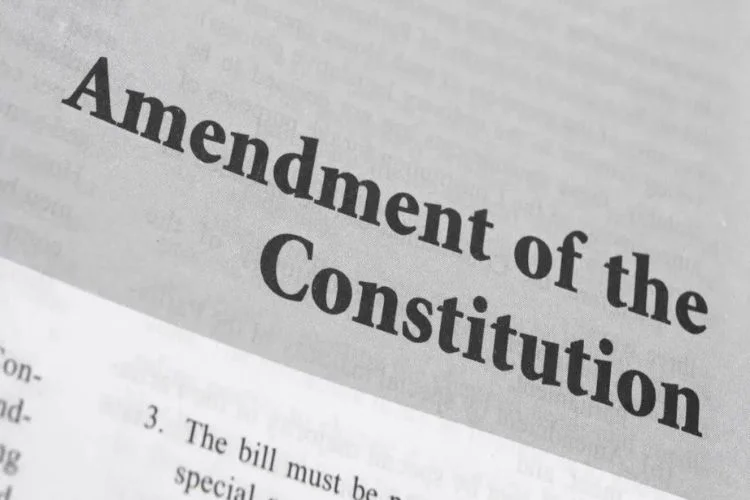Being charged with a crime puts you into the center of a world you just don’t understand. The criminal justice system is complicated. And you have to deal with clerks, attorneys, law enforcement officers, and judges who all understand the system. However, remember that the United States Constitution offers protections to criminal defendants, especially in the Sixth Amendment. Let’s look at five of those protections that you can invoke if you are a criminal defendant.
1. The Right to a Public Trial Without Unnecessary Delay
You might hear some people refer to this right as the right to a speedy trial. Either way, the Sixth Amendment can protect you from waiting in jail for a prolonged period of time before your case is heard.
Also, your criminal trial will be public. Avoiding secret trials helps us avoid persecution and potentially helps discourage people from committing crimes.
2. Sixth Amendment Guarantees a Lawyer
Hiring an attorney is impossible for many criminal defendants. However, the Sixth Amendment states that criminal defendants have the right to an attorney. As stated in the Miranda warning, counsel will be provided for you if you cannot afford an attorney. At both state and federal levels, the Public Defender’s Office often provides representation.

3. Your Right to an Impartial Jury
Trial courts and lawyers for both sides will question potential jurors before forming the jury panel. Their questions are intended to weed out anyone with a bias toward you. For example, they might ask if a juror has been an assault victim if law enforcement charged you with assault. The juror’s feelings about your charges might overcome their ability to judge you fairly.
In some cases, a defendant can waive a jury trial and be heard only by the judge. Your criminal defense attorney will let you know if this is a good option or not.
4. Knowing Who Your Accusers Are – Another Sixth Amendment Right
Another right promised by the Sixth Amendment helps criminal defendants by providing useful information. Specifically, the accused has the right to know who accused them of a crime. The Confrontation Clause of the Sixth Amendment states that the criminal defendant can face his or her accusers, including witnesses.
5. The Right to Know the Nature of the Charges and the Evidence
Finally, the Sixth Amendment to the Constitution enables criminal defendants to gain the information they need to prepare a defense. People accused of a crime have the right to know what they have been charged with and what evidence will be brought against them.
For example, many crimes require that the accused be indicted. The indictment states the alleged crimes. As the case progresses, prosecutors are required to provide evidence to criminal defense attorneys, even exculpatory evidence that is in the defendant’s favor.


